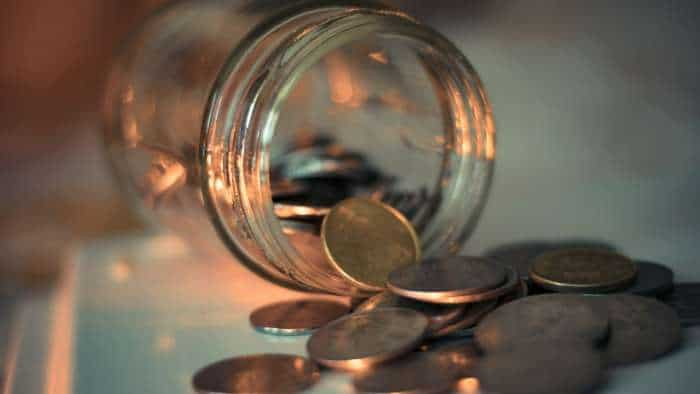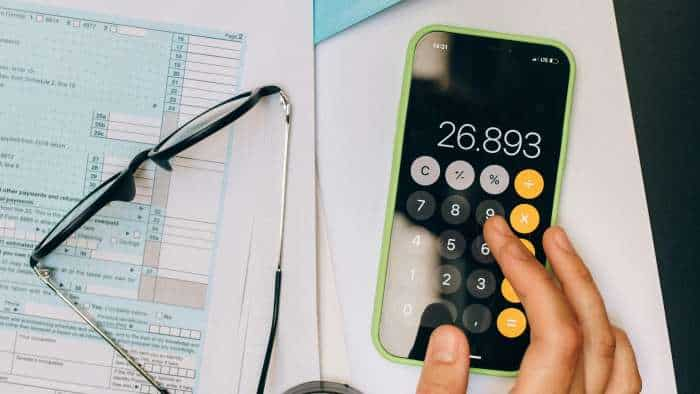Rajan has surprised markets in the past, will he front-load rate cut today?
According to Reuters last year, reducing rates during the monsoon season, running from mid-June through September, was unusual for the RBI. It had tended to be on the defensive against food price pressures after disappointing rains.

It was in September 2015 that Raghuram Rajan, Governor, Reserve Bank of India ((RBI) surprised with a 50 basis points rate cut. He had said that the RBI had "front-loaded" the easing in response to downgrades to expectations for global growth.
Today, Raghuram Rajan is going to announce the second last monetary policy of his term. Analysts and experts believe that this is going to be a non-event but will Rajan front-load the economy again as monsoon readies to hit the shores of Kerala?
Last year in September, Rajan told a news conference, "I don't think we have been excessively aggressive," explaining that falling global commodity prices had helped the RBI "front-load" the easing.
Will he "front load" this time too?
While the experts are expecting Rajan to maintain the status quo on interest rates, there may be slim chances that he may cut rates.
Repo rate, or the benchmark interest rate below which commercial banks cannot loan money to customers, is currently at 6.50%.
Although RBI’s line has been cautious over the past year and a half, Rajan had surprised the markets twice last year with unanticipated and out of turn cuts.
According to Reuters last year, reducing rates during the monsoon season, running from mid-June through September, was unusual for the RBI. It had tended to be on the defensive against food price pressures after disappointing rains.
As per recent data, Consumer price inflation, which the Reserve Bank of India (RBI) targets in setting interest rates, rose at a faster-than-expected pace, to 5.39% last month, from 4.83% in March.
While, Rajan had earlier hinted that he aims to cap retail inflation at 5% by March 2017.
The pace of price gains in April was driven mainly by higher food costs. An early summer heat wave led to an increase of 3.8% in month-on-month prices for staple vegetables. Overall retail food inflation came in at 6.32%, compared with 5.21% in March.
The chances of Rajan not front-loading the economy with a rate cut are expected to be higher simply because of good monsoon which leads to higher discretionary spends in rural India. Moreover, with the 7th Pay Commission recommendations coming into force soon, nearly 1 crore central government employees and pensioners will see a rise in their incomes.
Economists believe that this is also going to lead the consumption in India in the near term.
However, as per another Reuters report, implementation of 7th pay commission and a hike in service tax rates are expected to stoke price pressures but subdued rural demand, coupled with prospects of good summer rains, could provide a buffer and rate cut could be expected.
Till now, the weather forecasters have predicted "above normal" monsoon this year. Shubhada Rao, Yes Bank's chief economist, last week had said expected summer monsoon rains to have a greater influence on the RBI`s future course of action.
"The critical game-changer would be the monsoon. If it's delayed, or there is further downward revision, then it spells bad news for the scope of a rate cut," she said.
Infact, Skymet and India Meteorological Department have already hinted on delay in monsoons by a week.
Get Latest Business News, Stock Market Updates and Videos; Check your tax outgo through Income Tax Calculator and save money through our Personal Finance coverage. Check Business Breaking News Live on Zee Business Twitter and Facebook. Subscribe on YouTube.
RECOMMENDED STORIES

PPF For Regular Income: How you can get Rs 78,000 a month tax-free income through Public Provident Fund investment?

Hybrid Mutual Funds: Rs 50,000 one-time investment in 3 schemes has grown to at least Rs 1.54 lakh in 5 years; see list
09:03 AM IST










 Window for another rate cut by RBI likely in second half of 2016: DBS
Window for another rate cut by RBI likely in second half of 2016: DBS RBI to maintain rates on June 7, cut likely in July-September quarter: Poll
RBI to maintain rates on June 7, cut likely in July-September quarter: Poll RBI rate cuts will help banks attract genuine end-user home buyers: JLL India
RBI rate cuts will help banks attract genuine end-user home buyers: JLL India RBI likely to keep rates unchanged on June 7: India Ratings
RBI likely to keep rates unchanged on June 7: India Ratings  Why Raghuram Rajan has PM Modi's blessings for a second term at RBI
Why Raghuram Rajan has PM Modi's blessings for a second term at RBI